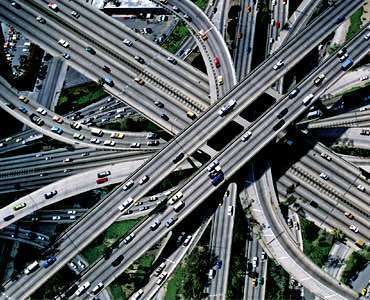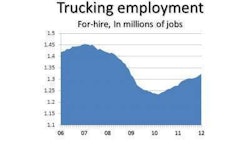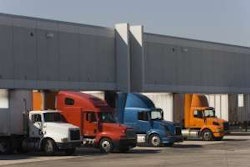
The American Trucking Associations on Friday, Feb. 3, applauded the House Transportation and Infrastructure Committee for approving the latest surface transportation bill, which if eventually passed would represent the first reauthorization since 2005’s SAFETEA-LU act.
“ATA is very pleased that the committee, under Chairman Mica’s leadership, has been able to, for the first time in more than six years, advance substantive highway policy legislation,” said Bill Graves, ATA president and chief executive officer. “While no bill is perfect, this proposal will do a great deal to advance the cause of highway safety and to maintain and expand our decaying infrastructure.”
Graves said the bill includes several provisions of particular interest to the trucking industry. “Among the portions of this bill that ATA is particularly gratified to see are the creation of a clearinghouse for positive drug and alcohol tests by commercial drivers and the strengthening of commercial drivers license testing guidelines to ensure that carriers are hiring only the most qualified drivers, as well as directives to study crashworthiness standards for large trucks and set standards for the expanded use of electronic logging devices to make trucks even safer than they are now,” he said.
Graves said ATA also is pleased that the bill will streamline and refocus the federal transportation program on projects in the national interest like freight movement to ensure that federal user fees – including the more than $8 billion in diesel tax the trucking industry pays annually – go to benefit companies and individuals paying those taxes and not to nonhighway projects.
“Finally, it is disappointing that the Committee voted to prevent the operation of safer, more efficient trucks on our nation’s highways,” Graves said of the committee’s decision to delay a proposal for larger trucks on interstate highways pending further study. “There have already been hundreds of studies that show increasing truck productivity reduces truck miles traveled, which not only reduces accident risk, congestion and emissions, but also will ultimately save money in reduced highway maintenance costs. We hope that Congress will see that wasting taxpayer money on further study is not necessary and, as this legislation moves forward, enacts these long-overdue reforms.”










